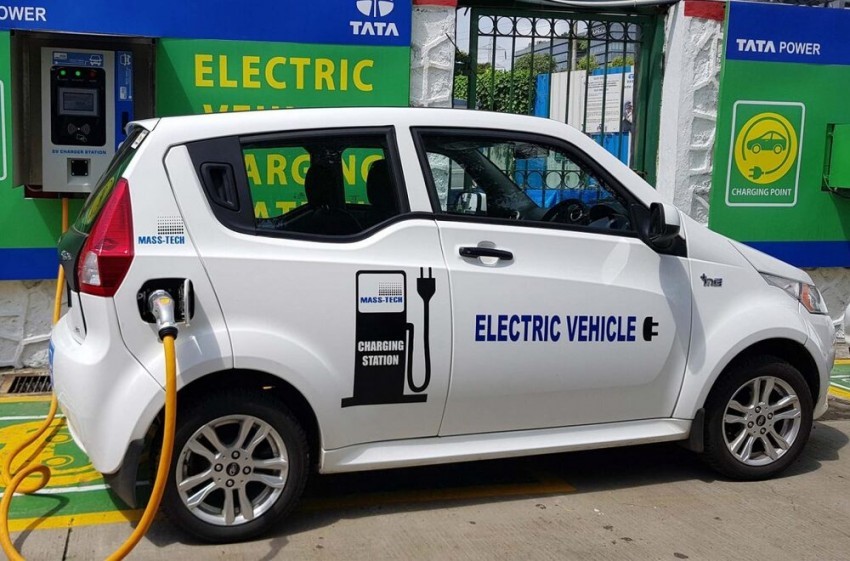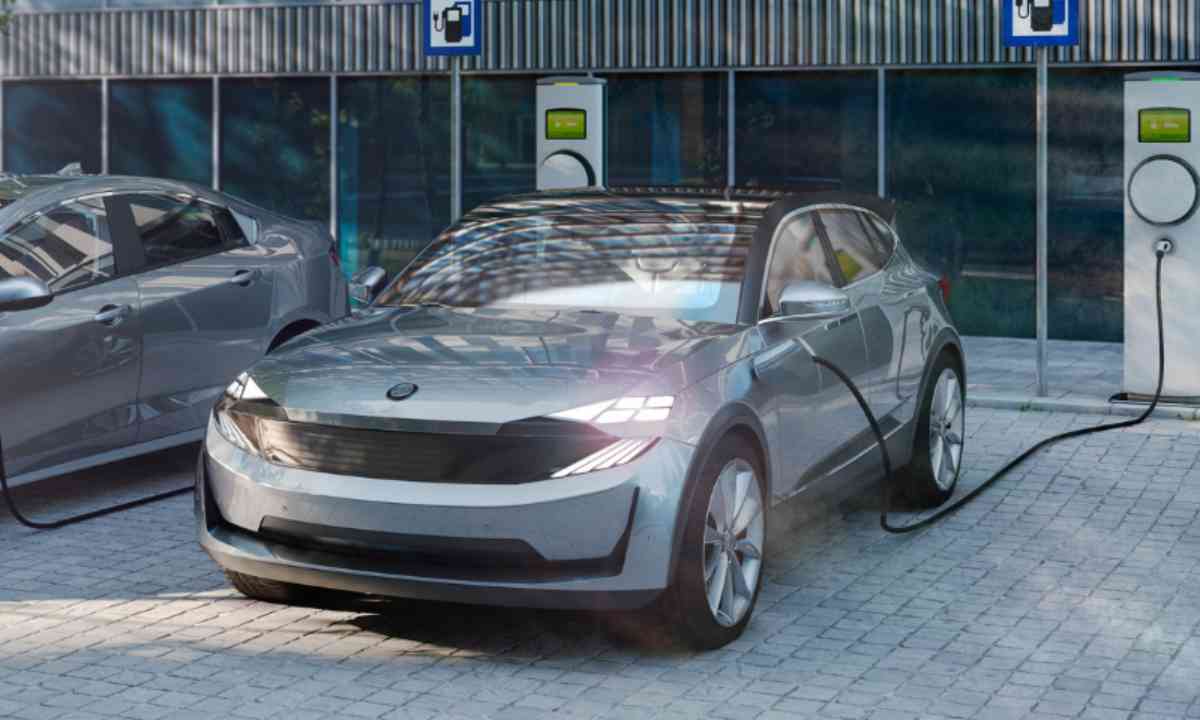With combined sales of 999,949 units in the year 2022, India Auto Inc missed hitting the million-units milestone as per official data by just 51 units.
This significant figure is based on retail data posted on the Vahan portal of the Indian government on December 31 at 10 p.m., just a few hours before the year 2023.
A reader also pointed out that the data from the Vahan portal do not include sales data from the armed forces or the state of Telangana. Therefore, in the context of this actual scenario, the total number of EVs sold in India across all vehicle segments in CY2022 would theoretically have reached one million for the first time.
The growth of the electric vehicle (EV) industry has been excellent this year. Compared to the 322,871 EVs sold in 2021, the 999,949 sold in CY2022 represent a significant increase of 210% year-over-year.

Here are 10 things to know about electric vehicles in India:
- The Indian government has set a target to achieve 30% electric vehicle penetration by 2030.
- The Indian automotive market has seen a significant increase in the number of electric vehicles in recent years, with a number of domestic and international automakers launching electric models in the country.
- The Indian government offers a number of incentives to encourage the adoption of electric vehicles, including subsidies and tax exemptions.
- The Indian government has also implemented policies to promote the development of electric vehicle charging infrastructure in the country.
- Some of the popular electric vehicle models available in India include the Tata Nexon EV, the Mahindra eVerito, and the Maruti Suzuki Wagon R EV.
- The Indian government has set up a number of electric vehicle charging stations in various cities across the country.
- Electric vehicles in India are typically more expensive than their gasoline-powered counterparts, but they have lower operating costs due to the cheaper cost of electricity compared to gasoline.
- Electric vehicles in India are generally more suitable for short-distance travel, as their range is limited compared to gasoline-powered vehicles.
- The Indian government is working on policies to promote the production of electric vehicle components in the country, including batteries and motors.
- The Indian government has also set up a number of research and development centers to encourage the development of electric vehicle technologies in the country.
The two- and three-wheeler segments, which are frequently referred to as the "low-hanging fruits" of the EV industry, account for the majority of the expansion. It makes sense that they account for the majority of EV sales because they are less expensive than electric passenger vehicles or commercial vehicles.
© Vygr Media Private Limited 2022. All Rights Reserve























